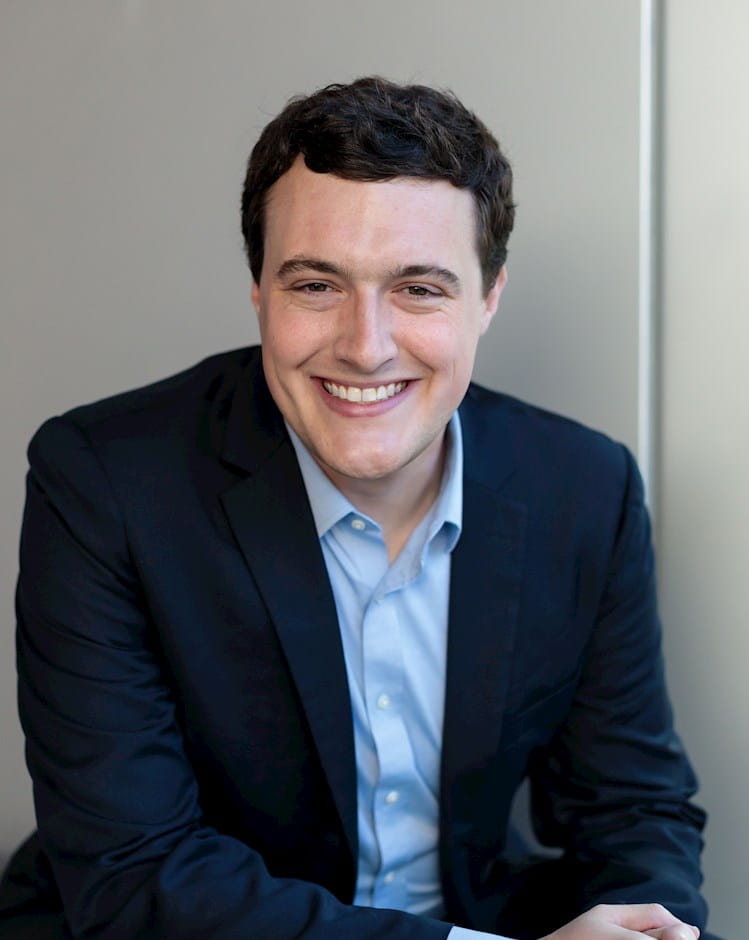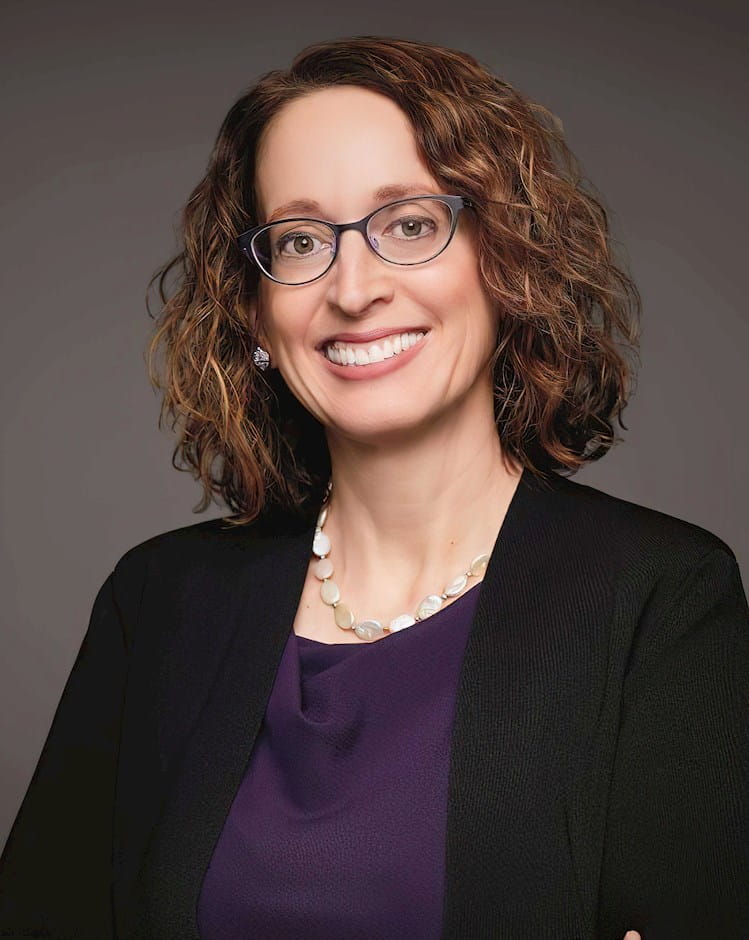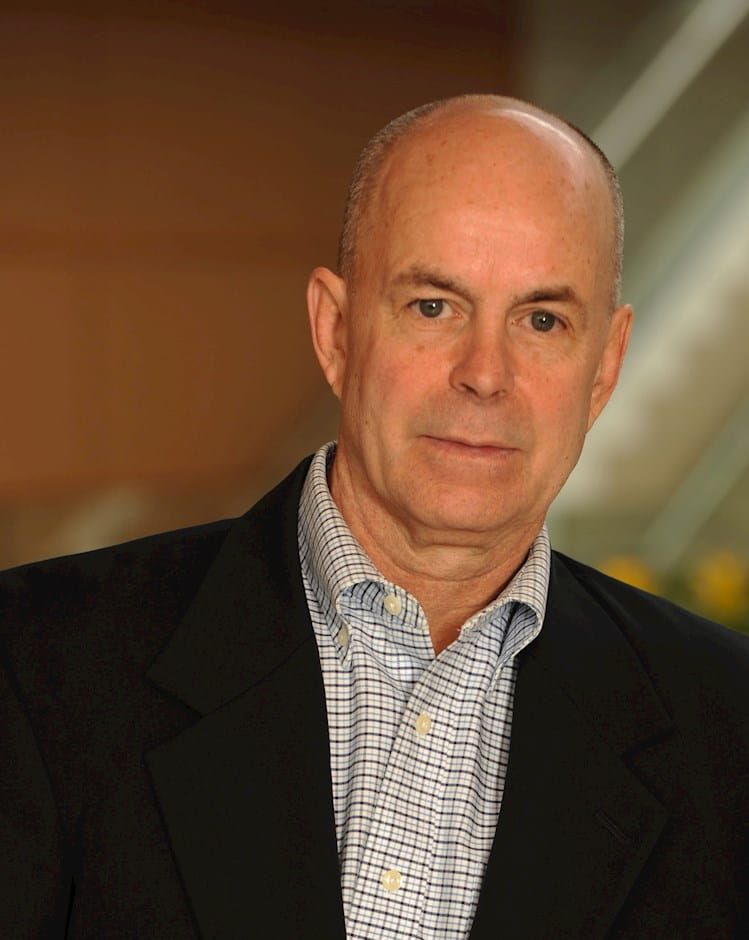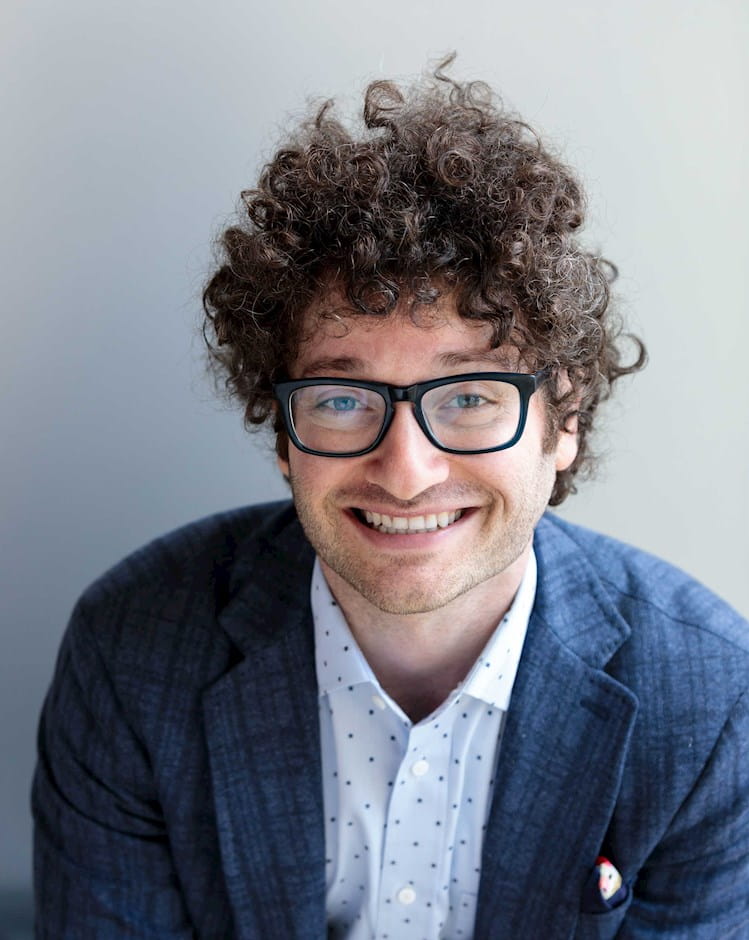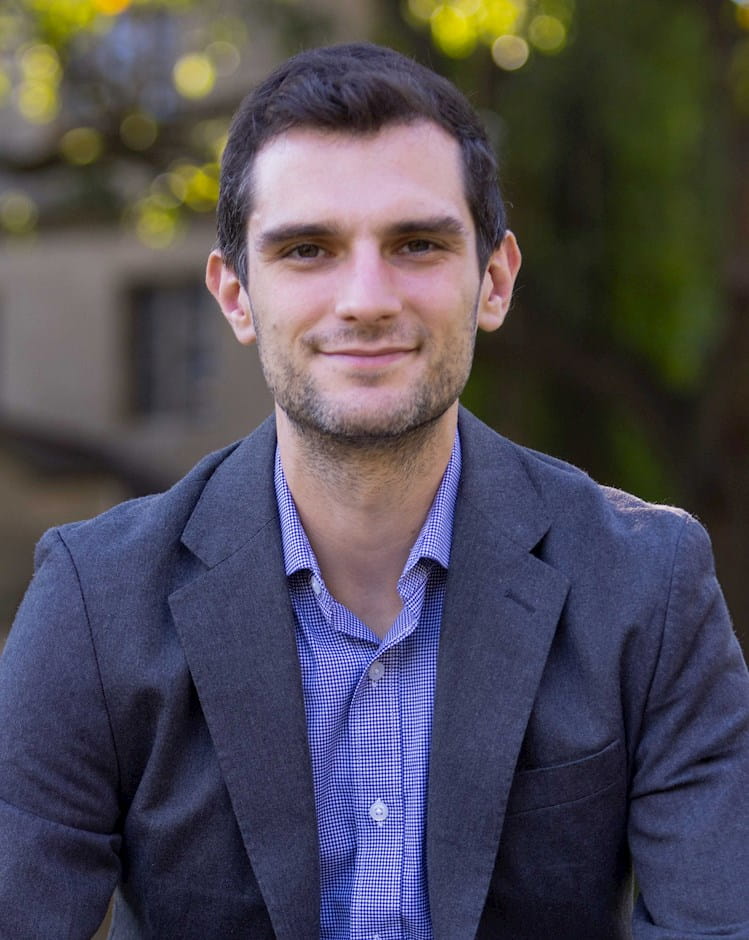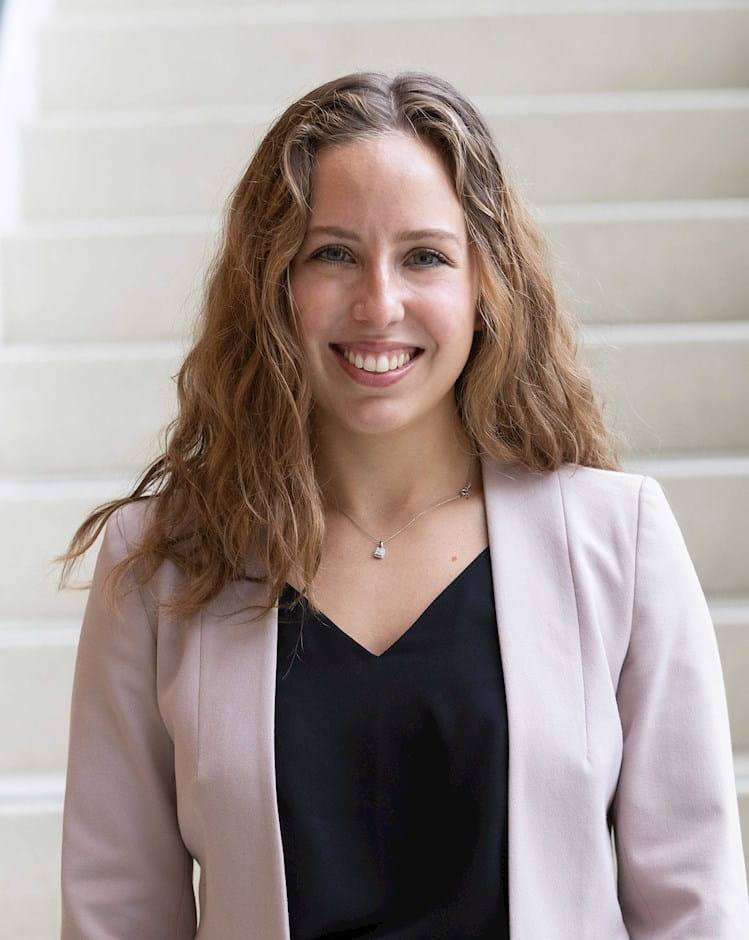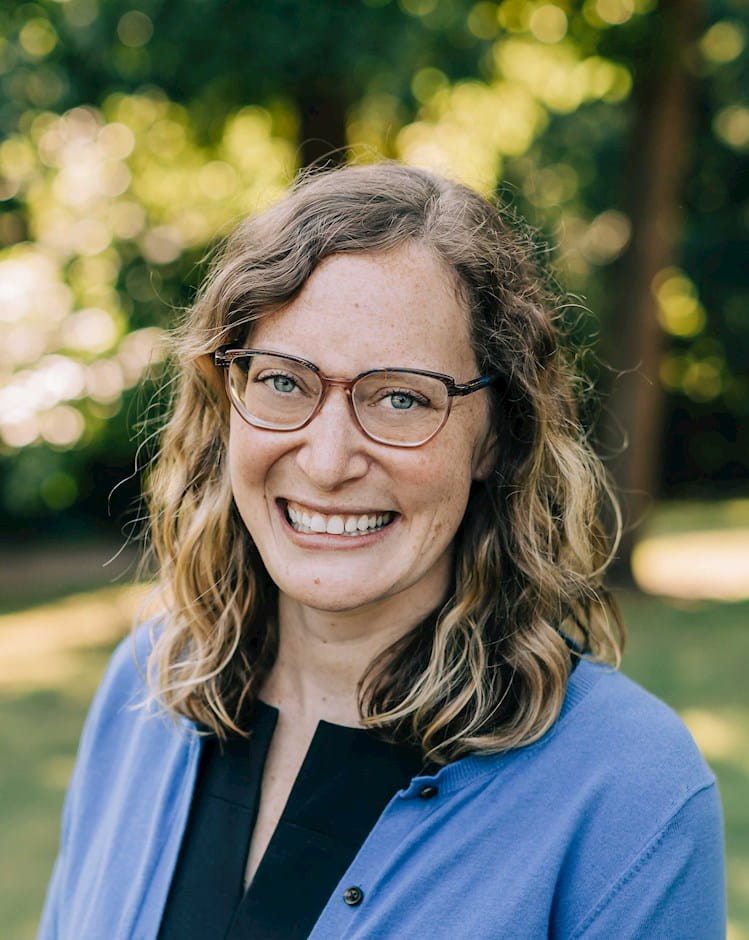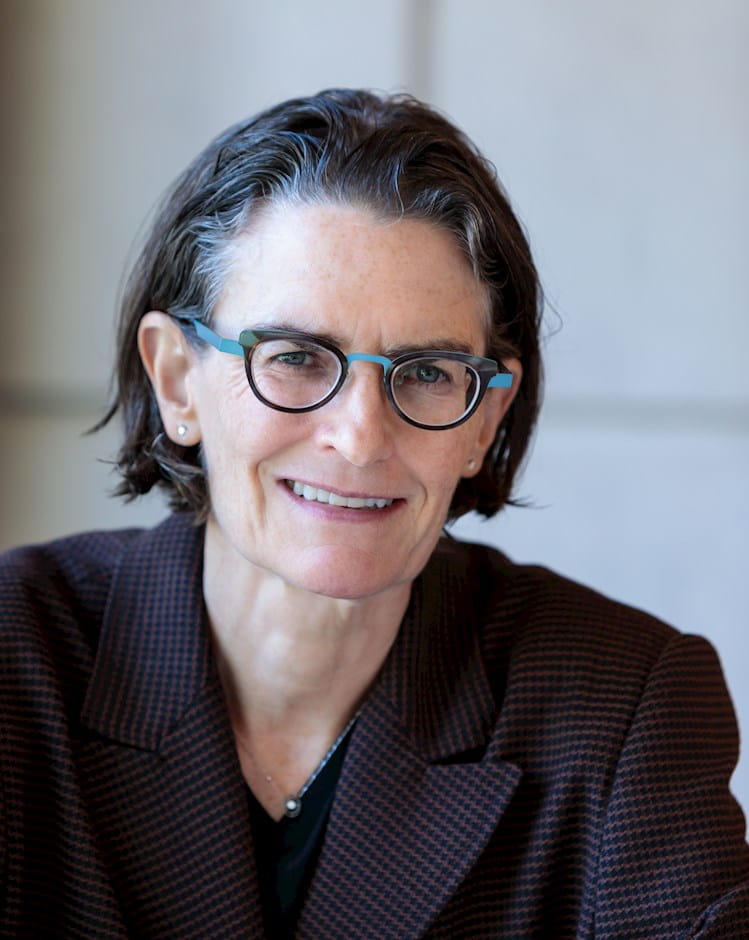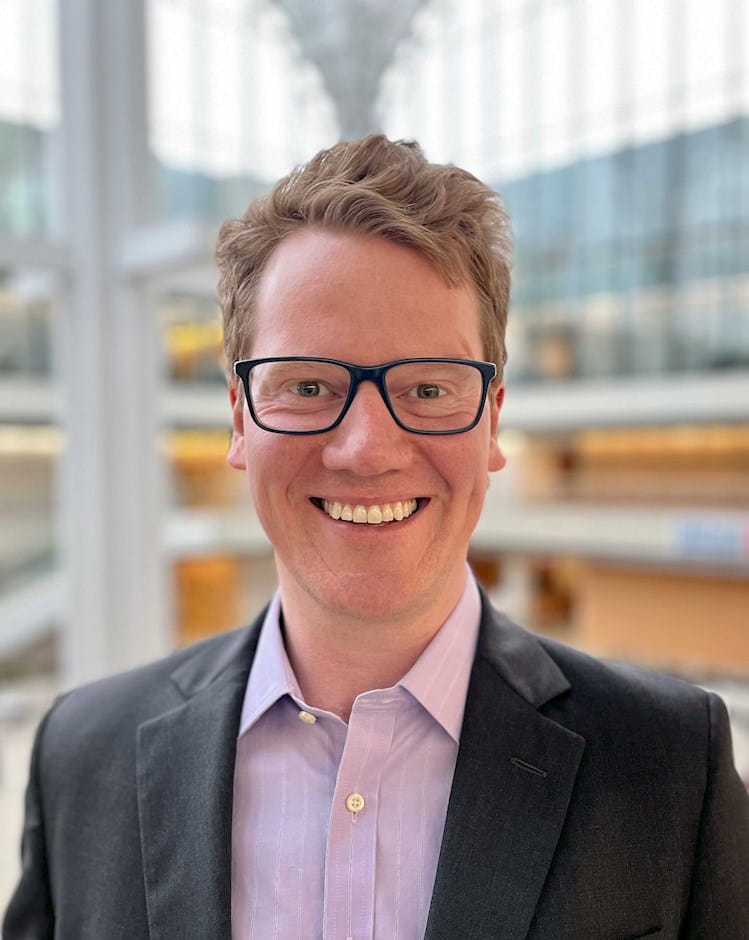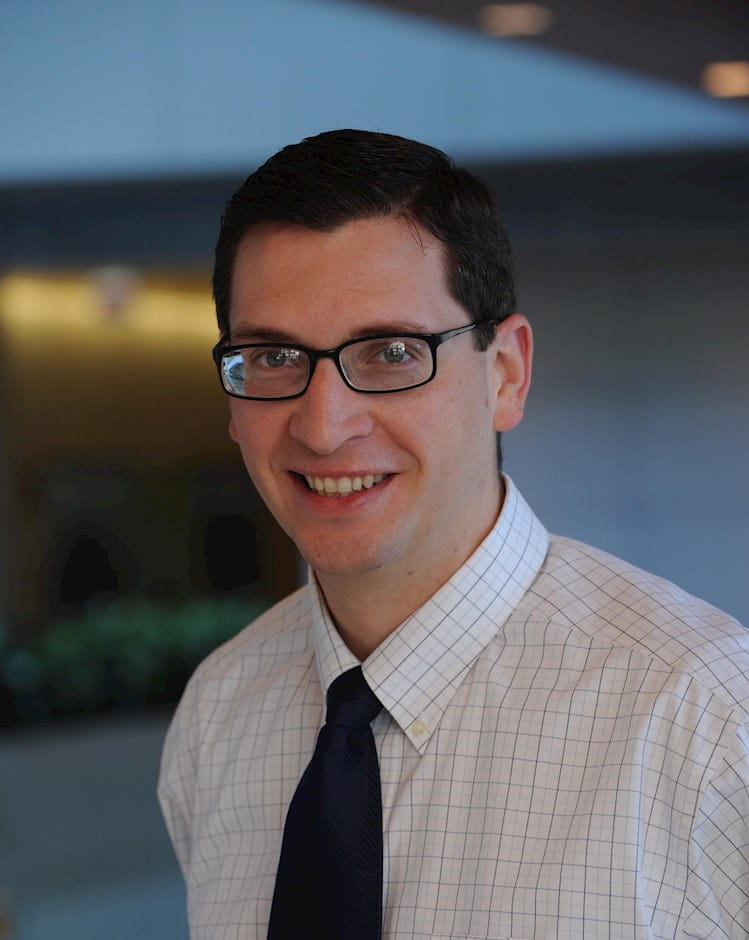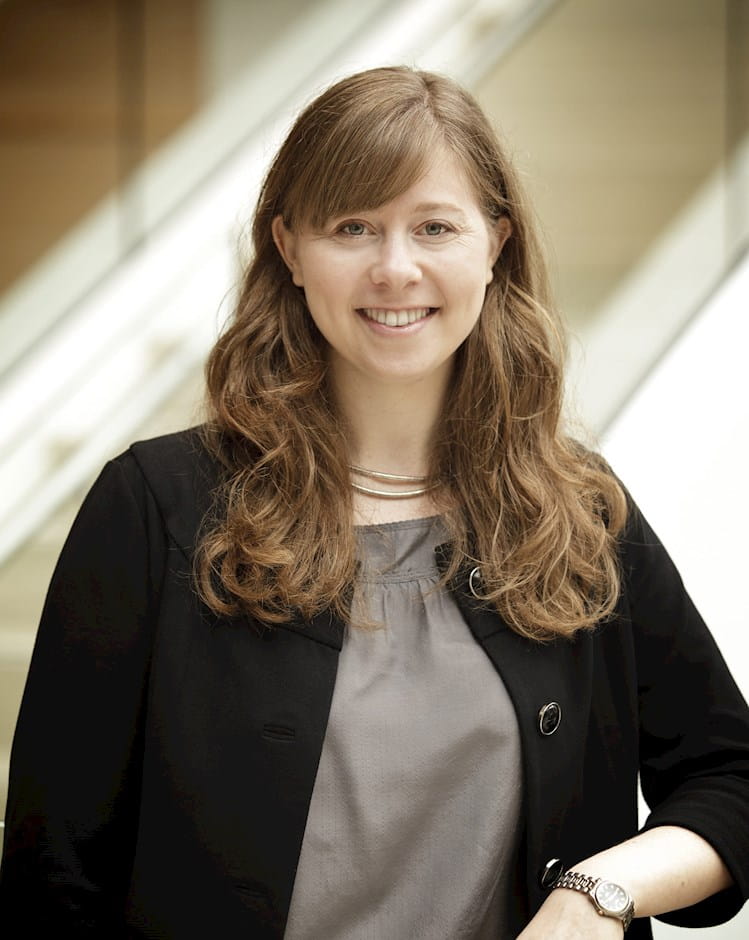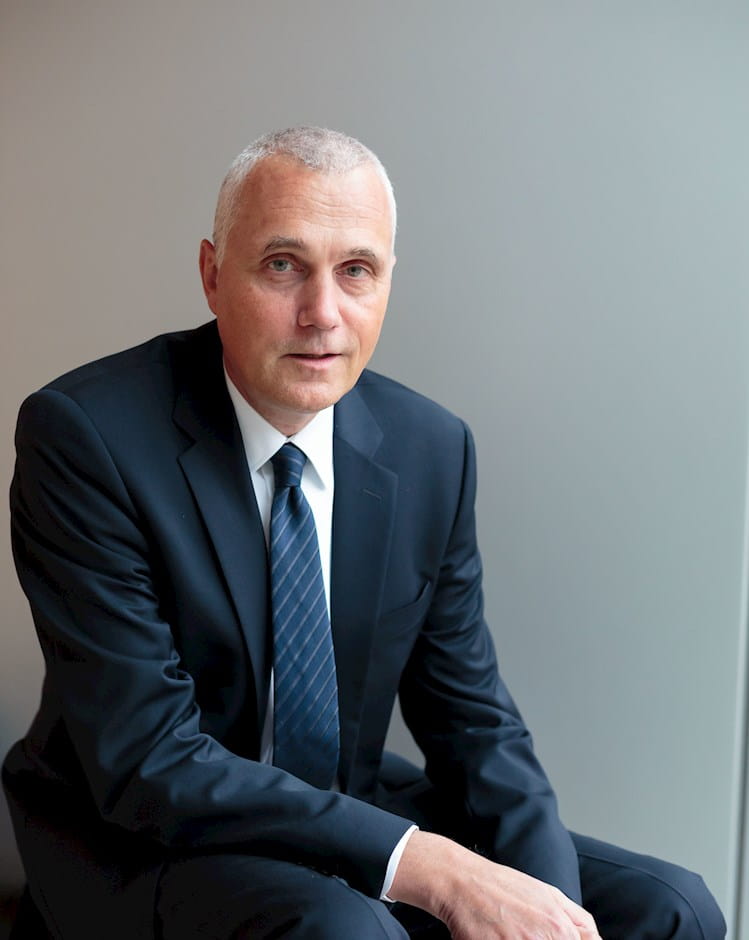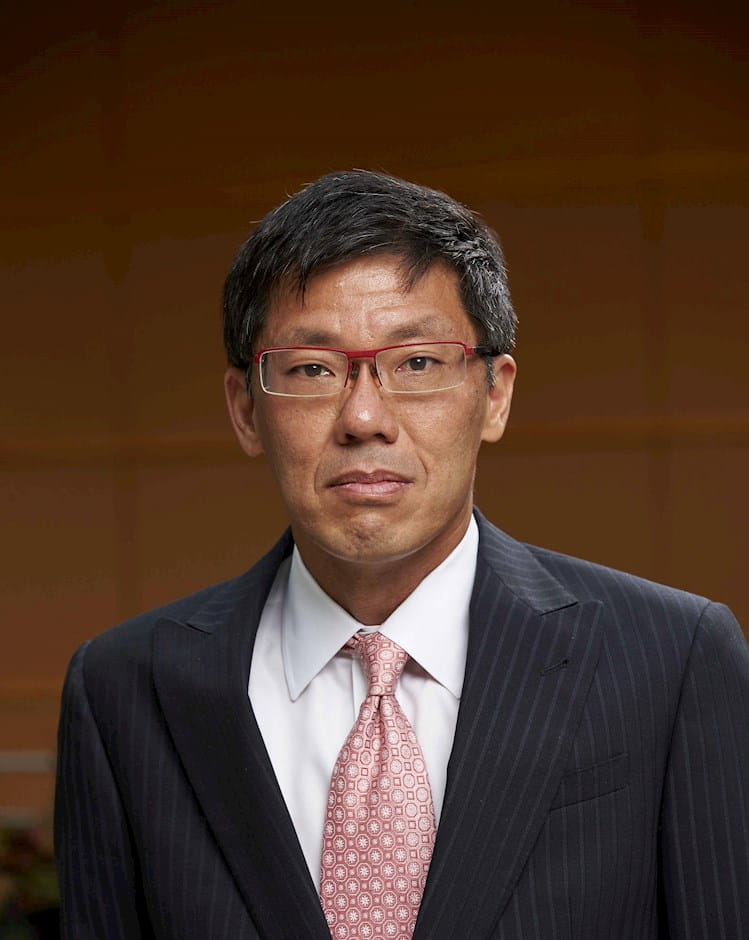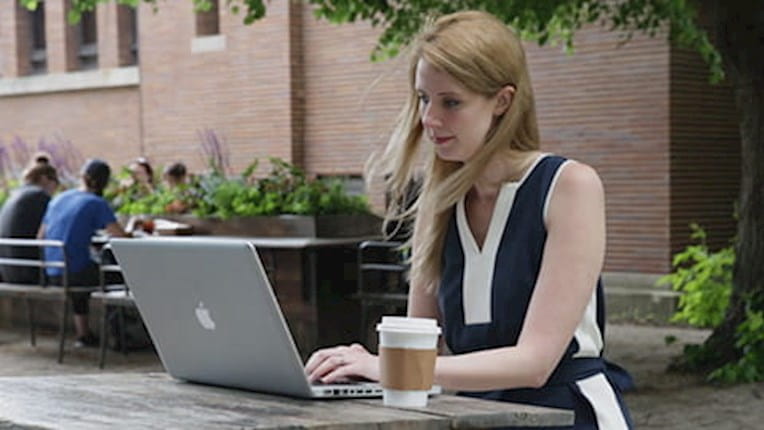
PhD in Behavioral Science

As a behavioral science PhD student at Chicago Booth, you’ll study human behavior in a wide range of contexts, including processes of negotiation, power and influence, and motivation and self-control.
You will have the flexibility to focus your doctoral studies in behavioral science on the research topics that most interest you. You can also augment your studies with work in economics, policy and intervention, psychology, marketing, finance, sociology, public policy, and other disciplines at Booth and across the university.
Some students earn a joint degree in psychology and business, a joint program between Booth’s behavioral science program and the Department of Psychology in the Division of the Social Sciences at the University of Chicago. Students must be admitted to the behavioral science dissertation area and apply for the joint program within their first two years in the Stevens Doctoral Program.
Our Distinguished Behavioral Science Faculty
Chicago Booth behavioral science faculty are thought leaders in their fields who have changed the way we evaluate economic judgment and decision-making. These world-renowned scholars, including a Nobel laureate, will serve as mentors during your time at Chicago Booth and beyond.
Alumni Success
Graduates of the Behavioral Science PhD Program go on to successful careers in a wide range of fields in academia and industry, including positions in some of the world’s most influential institutions of higher education.
Spotlight on PhD Research
Chicago Booth Review frequently highlights the work of current PhD students, faculty, and alumni in behavioral science.
A Network of Support
Doctoral students at Booth have access to the resources of several high-powered research centers that offer funding for student work, host conferences, and foster a strong research community, as well as weekly workshops.
Center for Decision Research
Positioned at the forefront of the rapidly developing field of behavioral science, the CDR is devoted to building a richer understanding of human behavior and experience.
Research Workshops
Keep up to date with the latest behavioral science work through the Center for Decision Research's weekly workshop series. Faculty, students, and invited guests meet to discuss their work on the behavioral implications of decision and judgment models.
Inside the Student Experience
Juliana Schroeder, PhD ’15, talks about her research into how people convey their mental capacity to others.
Current Behavioral Science Students
Behavioral science students come to Chicago Booth from around the world, bringing a wide array of interests and perspectives. Their recent research has covered topics ranging from self-disclosures to coaching decisions in professional basketball. Our graduates begin their careers in a wide range of fields, from research and teaching at prestigious institutions such as Cornell University to providing analysis for the New York Yankees.
Sydney Callaway
Yiyu (Eva) Chen
Nicholas DiMaggio
Ibitayo Fadayomi
Richard Homenya
Veronika Izmailova
Felicia Joy
Anoushka Kiyawat
Yuanze Liu
Graelin Mandel
Nicholas Owsley
Russell Roberts
Austin Smith
Tong Su
Robert Walatka
Jiabi Wang
Ugur (Umy) Yasar
See a list of the current students in our Joint Psychology and Business Program.
Program Expectations and Requirements
The Stevens Doctoral Program at Chicago Booth is a full-time program. Students generally complete the majority of coursework and examination requirements within the first two years of studies and begin work on their dissertation during the third year.
For details, see General Examination Requirements by Area in the Stevens Program Guidebook below.

